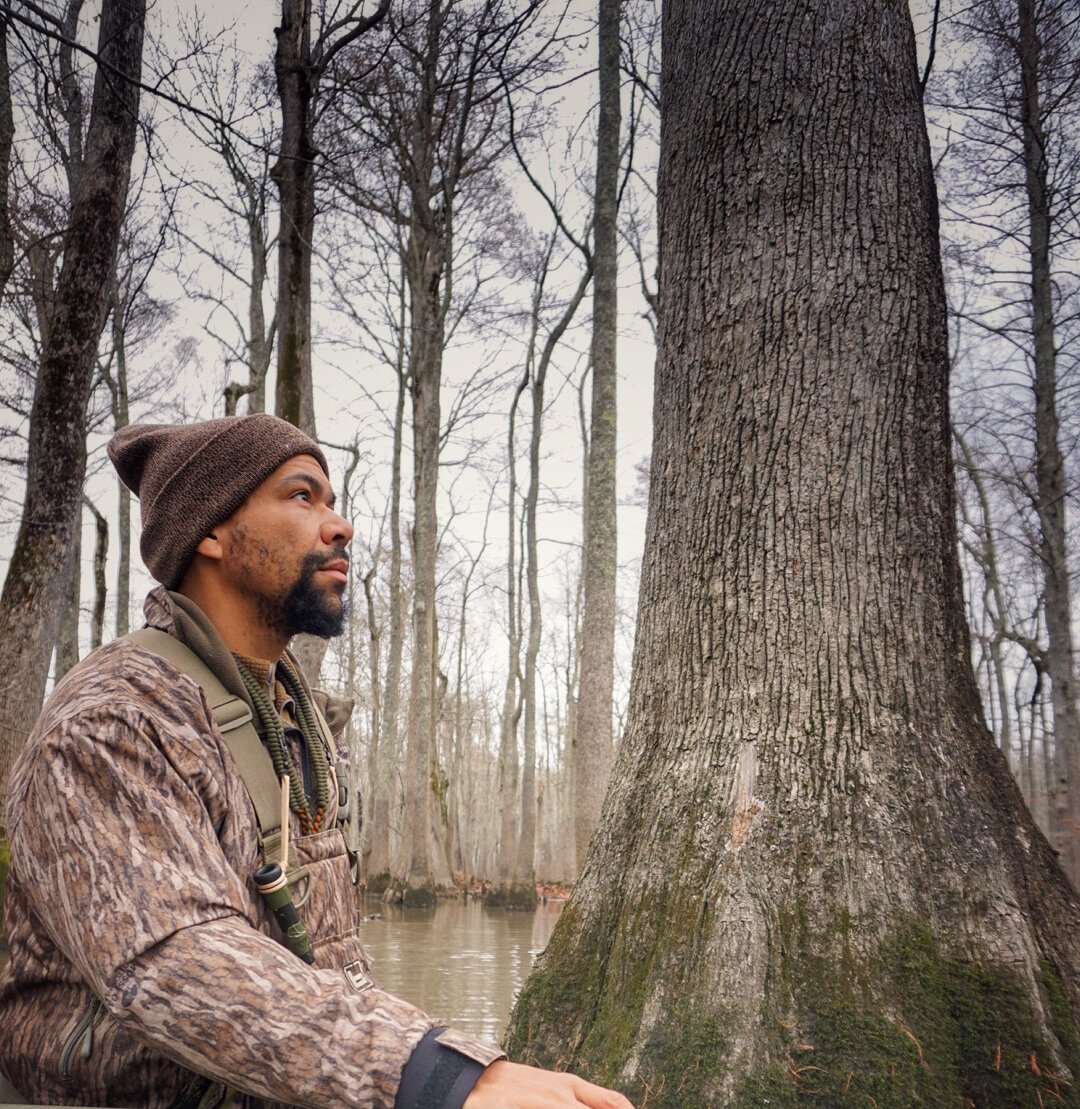Public Trust
Identity is a complicated thing. Our understanding of it changes and morphs as we grow and as we learn. Maturation and experience tint the lenses we view the world through and shape our interactions. How we see ourselves is not only informed by our individual perspective, but also by the communities and spaces we exist in. We learn from the collective experiences of others, their joys, fears, missteps and successes. There is a dichotomy involved in identity. It is simultaneously, incredibly personal, yet remains inexorably linked to how we are seen by others.
Wild places can be formative arenas that allow us to develop into our full selves. They are a space for us to explore who we are and how we fit into the undulating rhythms of the natural world. Because woods and water are places humans inhabit, we bring with us the same trappings and preconceptions that we carry with us in more urbane locals. Some of those ideas are about who belongs where and what access really means.
I am a biracial man, a POC, a black man in America. I know what it’s like to be made to feel small because of my skin. I have experienced systemic and tactile examples of the manifestations of an engrained American caste system since I was a child. That’s not hyperbole, I mean that I have been physically assaulted at every stage of my life because of racial bigotry and animosity since I was 7 years old. Those experiences and that sadness have, in part, shaped who I am and how I navigate within the spaces I move in.
I do not have the luxury of separating zones in my life where those realities are not given room to infiltrate. When I drive my truck, shop in stores, work, and hunt the reality of my skin and how I am perceived remains a constant.
As a hunter I go to rural spaces, towns and woods that society tells me I don’t belong. I stand out as the other. I endure racial slurs, angry stares and unthinking quips at boat ramps and trailheads. I’ve had trail camera pictures of me (taken on public land) circulated in small, rural communities because the inhabitants wanted to know who I was and why I was in a place they felt I did not belong. I worry about how I will be perceived and treated as an armed black man in places with no cell phone signal, no surveillance cameras, no witnesses. I try to live a life that is not controlled by fear, but I am often afraid. These examples don’t represent the fullness of my experience or of my reality, but they do speak to part of it. I often resent the intrusion of that ugliness into my excursions. I want to bathe in the elements and test myself against the mountains, but always there is the meandering thought. Who am I when viewed, in this place through the gaze of others?
I understand that these realities are uncomfortable and challenging to folks that don’t live this truth, but that doesn’t make them not real. We all yearn for peace of mind and a respite from the stresses of our daily life, but we must resist the notion that hunting and fishing be free from these considerations. It doesn't just miss the plot, it diminishes the experiences of those with different paths. It’s exhausting to wrestle with these pervasive truths, but it’s the reality of my world.
It’s important to remember that allyship is not the same as paternalism. Welcoming is different than allowing. The woods and the streams and the mountains belong to all of us. It’s the world’s gift to us and our interaction with it is our legacy. The North American Conservation model holds land in a public trust and boldly states that to do so is morally just. We must all have the ability to access those wild locals to realize that justice fully.
I’ve had amazing and thought provoking conversations regarding these issues in hunt camps, duck blinds, and on long car rides to wild places. They prove to me that hunting is a space for personal growth, experiential impact and soul filling recompense. I implore the outdoor consuming public to allow hunting and fishing to remain a place where we can all further explore the full potential of our humanity. That means that sometimes it’s time to make your voice heard and sometimes it’s time to listen. Please allow empathy and common sense to dictate what you should be doing more of.
* This article was originally published in the Colorado Outdoors 2020 Hunting Guide
